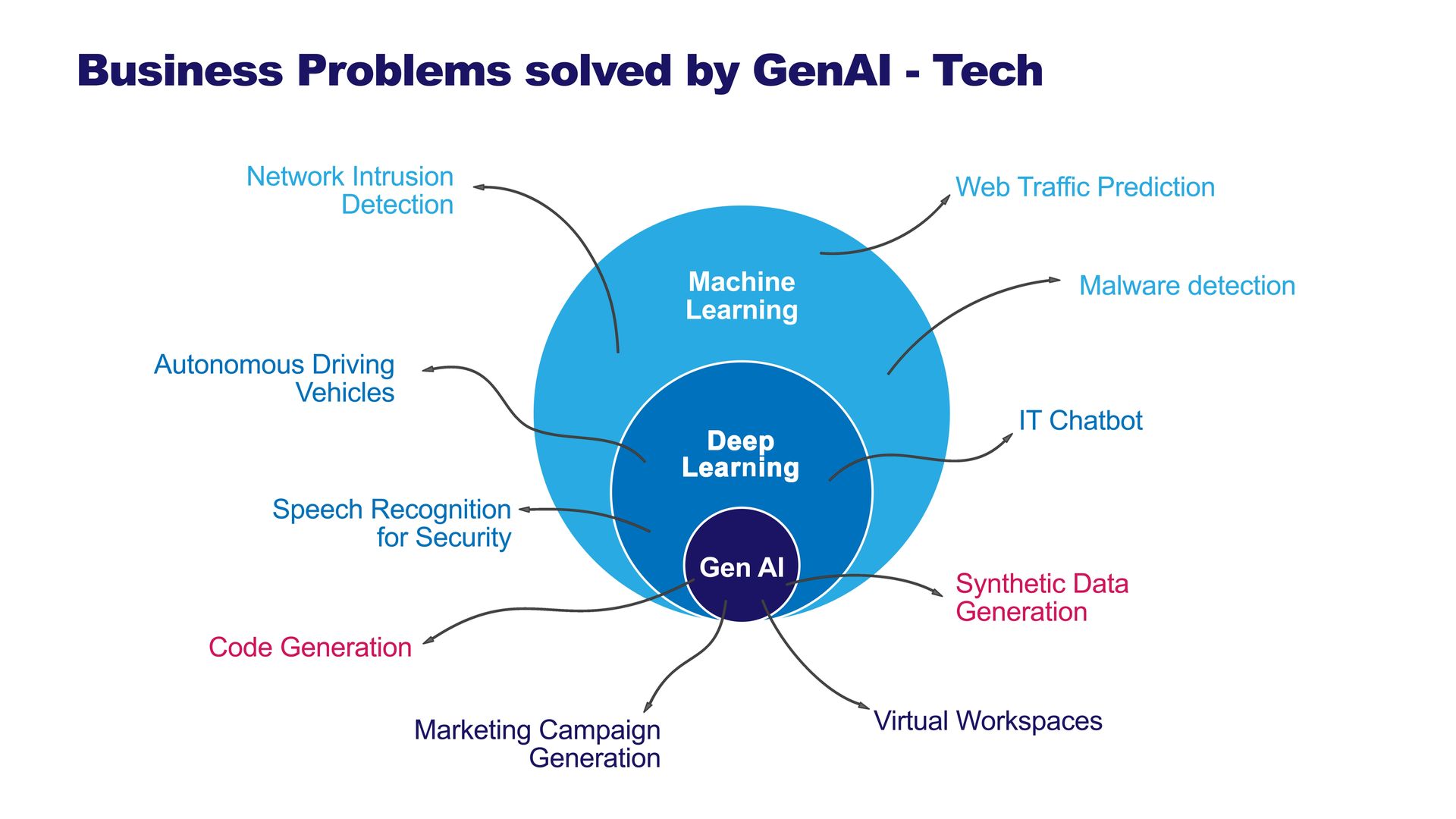The Impact of Large Language Models on Enterprise: Enhancing Employee Engagement and Productivity
May 29, 2024
Automate routine tasks, personalize support, and facilitate better decision-making with LLMs

Large Language Models (LLMs) like OpenAI’s ChatGPT have seen significant adoption in enterprises, indicating a broader trend towards integrating advanced AI into business operations. This shift has notable implications for employee engagement and productivity, marking a transformative period in how businesses leverage technology.
The Rise of LLMs in Business
LLMs, powered by sophisticated AI, are increasingly being utilized across various industries. OpenAI’s ChatGPT, for instance, has reported extensive use within Fortune 500 companies. This adoption is driven by the potential of these models to streamline operations, enhance decision-making, and provide robust support for various business functions.
Enhancing Employee Engagement
Employee engagement is a critical factor in organizational success. Engaged employees are more productive, innovative, and committed to their work. LLMs can significantly enhance engagement through:
- Personalized Support: LLMs can offer personalized responses to employee queries, providing real-time assistance and reducing frustration. This immediate support can enhance job satisfaction and empower employees to focus on more strategic tasks.
- Training and Development: AI-driven platforms can create customized training programs, addressing individual learning needs and promoting continuous professional development. This tailored approach helps employees feel valued and supported in their growth journey.
- Feedback and Communication: LLMs facilitate seamless communication across the organization. They can collect and analyze employee feedback, providing insights into workplace sentiment and helping managers address issues proactively.
Boosting Productivity
Productivity gains from LLMs are substantial, with the technology streamlining numerous processes:
- Automating Routine Tasks: LLMs can handle repetitive tasks such as scheduling, data entry, and customer support. By automating these functions, employees can dedicate more time to higher-value activities that drive business growth.
- Improving Decision-Making: These models can analyze vast amounts of data to provide actionable insights, aiding in more informed decision-making. This capability ensures that businesses can react swiftly to market changes and optimize their strategies.
- Enhancing Collaboration: LLMs can facilitate better collaboration by providing instant access to information and resources. Teams can work more efficiently, with AI bridging gaps in knowledge and streamlining workflows.
Implementing LLMs in Your Business
For businesses considering the integration of LLMs like ChatGPT, here are some steps to ensure successful implementation:
- Assess Needs: Identify areas where AI can have the most impact, such as customer service, HR, or sales. Understanding your specific needs will help tailor the AI solutions to your business context.
- Pilot Programs: Start with pilot programs to gauge the effectiveness of LLMs in your operations. This approach allows for adjustments and fine-tuning before a full-scale rollout.
- Train Employees: Ensure that your workforce is comfortable using AI tools. Provide training and resources to help employees understand how to leverage these technologies effectively.
- Monitor and Evaluate: Continuously monitor the performance of AI tools and their impact on productivity and engagement. Regular evaluations will help refine the use of LLMs and maximize their benefits.
The integration of LLMs like ChatGPT into business operations represents a significant advancement in how companies can enhance employee engagement and productivity. By automating routine tasks, personalizing support, and facilitating better decision-making, these technologies empower employees and drive organizational success. As businesses continue to explore the potential of LLMs, the focus should remain on strategic implementation and continuous improvement to fully realize the benefits of this transformative technology.





